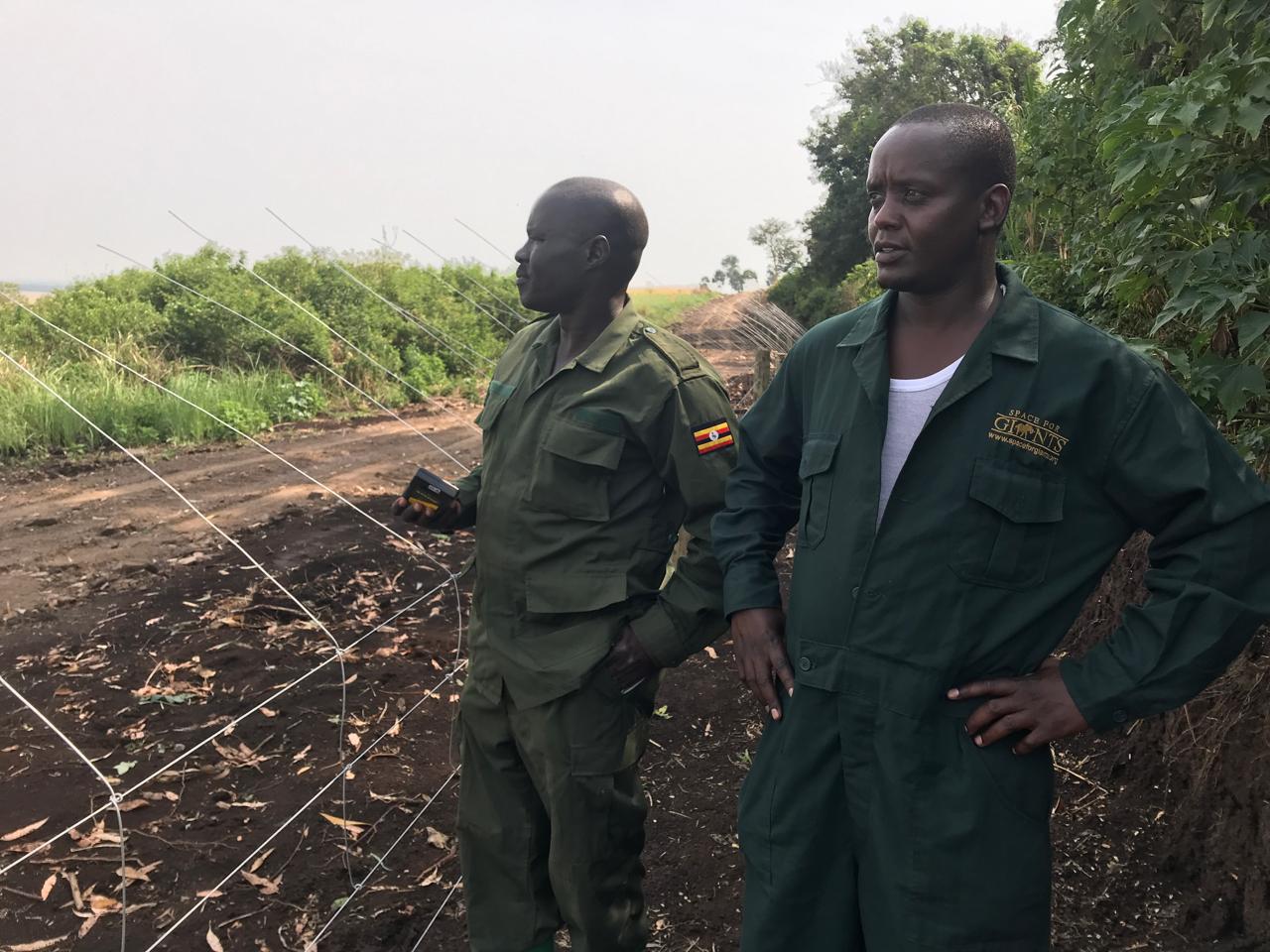New fence to reduce human-elephant conflict at Uganda’s iconic Queen Elizabeth National Park
Elephants eating or trampling crops in farms neighbouring the national park are menacing local people, this new fence aims to end that

By Sarah Mawerere for UBC Radio in Uganda
Until recently, there was no barrier between Queen Elizabeth National Park and the farms that line its southeastern boundary, except a shallow trench dug by the locals.
Elephants easily crossed that, though, and continued into the fields to feast on the crops they love, that farmers were growing there: sweet potatoes, cassava, and maize.
That meant that night after night, farmers had to sleep in their fields to deter the elephants. In one night of ‘crop raiding’, the beasts can destroy a family’s entire harvest, ruining their livelihood.
Sarah Mawerere from UBC Radio visited recently to see a new electrified fence built truly to deter elephants. Listen to her story here.

This article is reproduced here as part of the Giants Club African Conservation Journalism Fellowships, a programme of the charity Space for Giants and supported by the owner of ESI Media, which includes independent.co.uk. It aims to expand the reach of conservation and environmental journalism in Africa, and bring more African voices into the international conservation debate.
Join our commenting forum
Join thought-provoking conversations, follow other Independent readers and see their replies
Comments
Bookmark popover
Removed from bookmarks